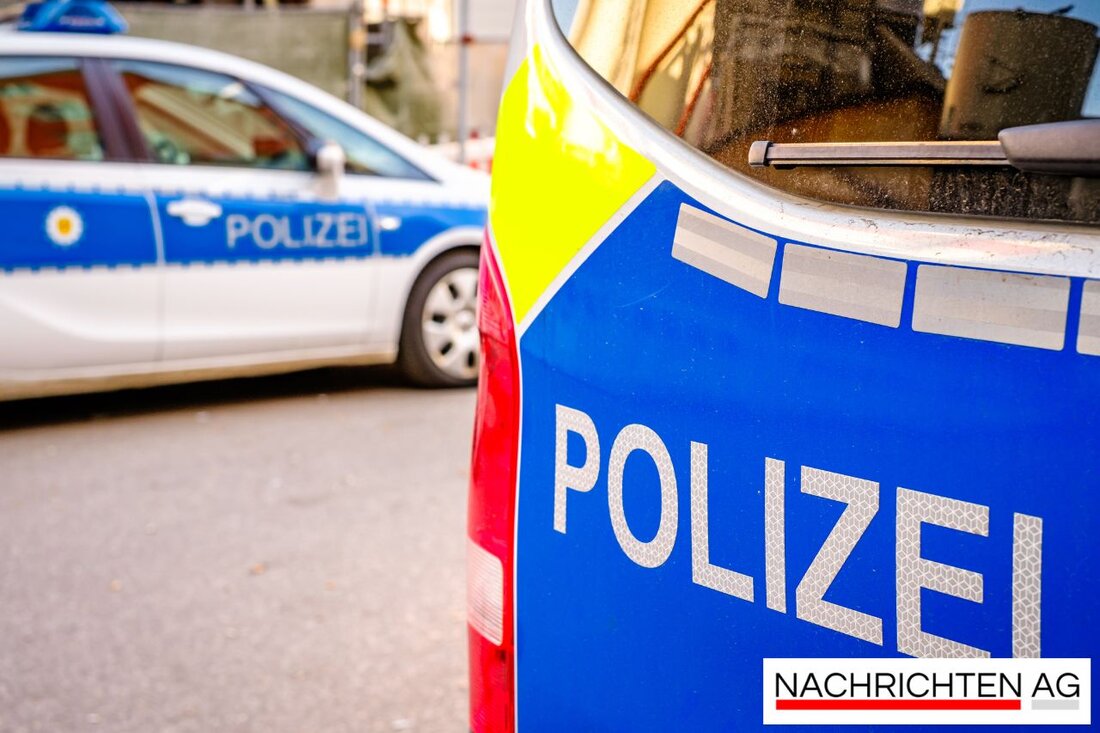Vienna police draw a tough conclusion: 101 reports of traffic stops!
On June 8, 2025, the bicycle police in Vienna-Liesing carried out a control operation with 101 reports of traffic offenses.

Vienna police draw a tough conclusion: 101 reports of traffic stops!
In Vienna-Liesing, the police carried out a comprehensive inspection on Thursday, which left clear traces on the traffic. The city police command's bicycle police were supported by the state traffic department and a quick judge from the police commissioner's office. The result of this campaign is remarkable: a total of 101 reports were filed in the area of traffic offenses. The officers also imposed 92 warrants and took down a vehicle license plate, which shows that the police are not squeamish when it comes to complying with traffic rules.
During the check, two driving licenses were confiscated for driving under the influence of addictive substances, a clear sign that intoxicants will not be tolerated in traffic. As part of the operations, the officers carried out 94 alcohol tests. A particularly eye-catching case was that of an e-scooter handlebar that was noticed traveling at an impressive speed of 60 km/h; he was banned from continuing his journey. Such incidents are becoming more and more frequent and the police are forced to take decisive action. As Heute reports, such controls are crucial to increasing road safety.
Legal framework
The legal regulations surrounding the consumption of drugs on the road have changed recently. The Consumption Cannabis Act (KCanG), which came into force on April 1, 2024, regulates the possession, consumption and cultivation of cannabis under certain conditions. Despite this liberality, the use of cannabis on the roads is still strictly monitored. The active ingredient tetrahydrocannabinol (THC), which affects the central nervous system, can significantly impair the ability to drive. Until now, there was no fixed THC limit, similar to the alcohol limit of 0.5 per mille, which made the burden of proof extremely complicated. This was only legally defined more clearly with the adjustments to the Road Traffic Act (StVG) and the Driving License Ordinance (FeV), which came into force on August 22, 2024. Proof of a THC level of 1 ng/ml or more in the blood is now grounds for a fine in accordance with Section 24a (2) StVG.
These legal adjustments were necessary to ensure the safety of road users and prevent abuse. Especially in view of the upcoming summer season, it is important that education about the dangers of driving under the influence of drugs continues to be strongly promoted. After all, it could happen to any of us that we encounter a drug-impaired driver in traffic. A little more consideration and attentiveness can make the crucial difference here.
A ruling was recently handed down that called into question the driving bans on bicycles and e-scooters and reignited the discussion about the control of drugs in traffic. The Spiegel reported on the emerging legal uncertainties surrounding these topics, which are causing excitement among road users. One thing is clear: the police and legislators must continue to work to ensure a safe infrastructure for everyone.

 Suche
Suche
 Mein Konto
Mein Konto